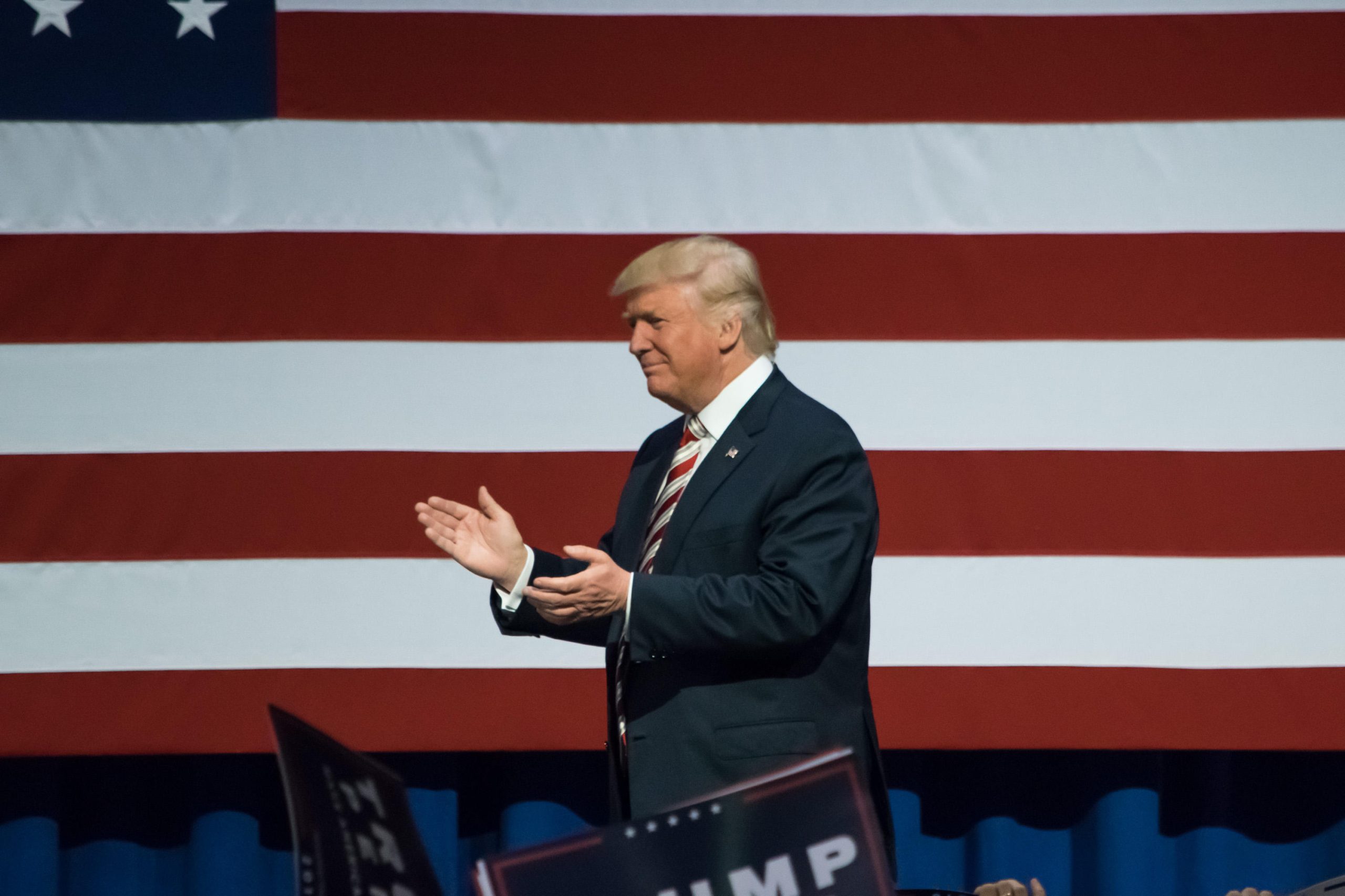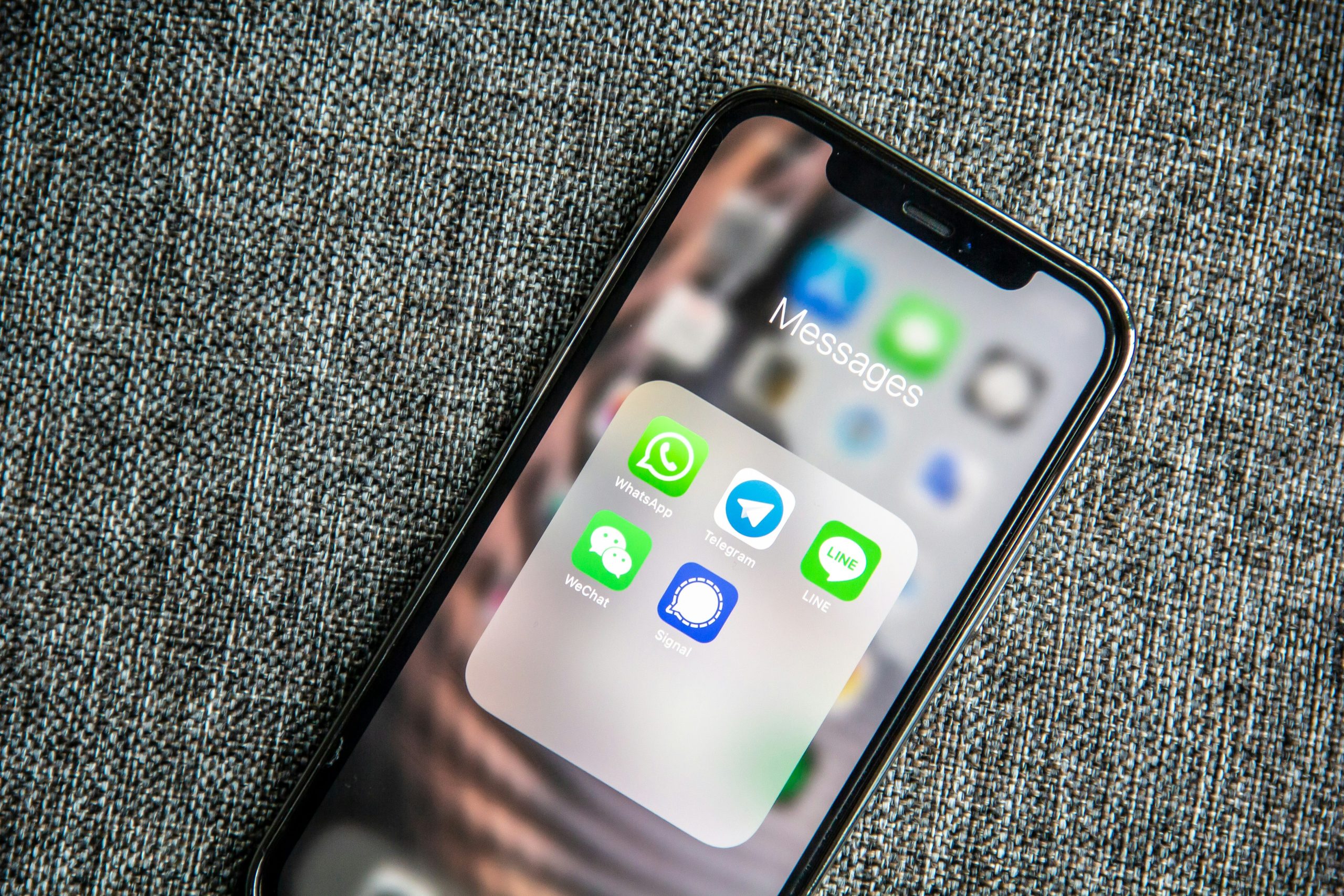In the name of “free speech”, Donald Trump has laid out an authoritarian plan for his new administration to radically defund and gag universities. Now with a Republican Congress, he might just achieve it all and that spells disaster for freedom of thought, critical inquiry and an informed citizenry in the USA.
Trump’s plan is based on the education chapter within the right-wing think tank Heritage Foundation’s 900-page political roadmap Project 2025, a set of policy proposals that lay out a long-term ultra conservative vision. The chapter is written by Lindsey Burke, director of the organisation’s Center for Education for Policy.
First on the list is dismantling the Department of Education, a realistic threat now Republicans have both the House and Senate. Trump has put a wrestling magnate in charge of the department, Linda McMahon. She was formerly head of the US Small Business Administration and is currently chair of the America First Policy Institute, McMahon financed Trump’s rally at Madison Square Garden with its notoriously bigoted speakers, according to Forbes. She will play a key role in rolling out plans that will profoundly shift power to reinforce historical social inequities in universities. These could include reversing protections for the LGBTQ+ community, privatising student loans and halting loan forgiveness.
Trump’s radical overhaul includes defunding universities that he considers to be “turning our students into communists and terrorists and sympathisers of many, many different dimensions” by taxing, fining and suing private university endowments (funds or assets donated to universities to provide long-term financial support).
Trump sees Diversity, Equity and Inclusion programmes that such schools have engaged in as “unlawful discrimination” and he is seeking “restitution” through the law. He plans to “pursue federal civil rights cases” and increase the tax against these schools. During his first presidency, Trump signed a new plan that introduced a 1.4% on endowments of private universities with at least 500 students and $100,000 or more in assets for every full-time student.
America’s most prestigious universities, such as Harvard (which rely greatly on federal funds) will be prime targets. Following a wave of pro-Palestine protests – which were already subdued with arrests and brutality – there was conservative backlash. This prepared the ground for the coming lawfare aimed at punishing higher education institutions for wrong-think. For example, according to The Guardian, Steve Scalise, House majority leader, has discussed plans to punish universities that allow pro-Palestine protests by revoking their accreditation.
With the spoils raised by stripping these educational institutions, Trump will fund a new American Academy. While he describes it as “non-political”, Trump’s ideological agenda is clear: “no wokeness or jihadism allowed”. Trump explains that American Academy will “gather an entire universe of the highest quality educational content, covering the full spectrum of human knowledge and skills, and make that material available to every American citizen online for free”.
In what sounds troublingly like generative AI driven education, delivery of “content” will be through “study groups, mentors, industry partnerships, and the latest breakthrough in computing”. There is no mention of professors or teachers.
There is little detail on the curriculum – so what kind of “content” will be considered “human knowledge” worth teaching? Trump’s scientific beliefs raise concerns. For example, he has previously said: “One of the most urgent tasks, not only for our movement, but for our country is to decisively defeat the climate hysteria hoax.”
The role of “industry partners” is left vague but we should be asking whether companies delivering content through “breakthrough” technology could gain access to students’ behavioral data for training AI. Taylor Owen, Beaverbrook chair in media, ethics and communications at McGill University, forewarns of the dismantling of recent AI oversight efforts and an incoming merger of tech and state power where “the interests of select technology companies become indistinguishable from US government policy”.
With Elon Musk leading the Department of Government Efficiency (DOGE), my fear is that we could see emerging education policy influenced by the view that AI is a neutral tool for “free speech”, which can replace “unnecessary” educators.
Trump’s own past forays into the education sector don’t inspire confidence in his motives. In 2004, he set up “Trump University” as a for-profit initiative and real estate training programme, which claimed to share the secrets to being a successful entrepreneur. It faced several lawsuits, including allegations that Trump University defrauded its students through misleading marketing practices and aggressive sales tactics. Despite the organisation never admitting wrongdoing, Trump settled the lawsuits, paying 6,000 defrauded victims a $25 million settlement in 2016 shortly after being elected president.
American Academy appears to be designed to extract power from the academe and weaken education, rather than strengthen it. It will compete with universities while its free online courses will be “equivalent” to a bachelor’s degree, accredited, and recognised for federal employment – which will itself further degrade government by hollowing out expertise.
Trump sees the accreditation process as his “secret weapon” in his war on universities. In the USA, states have varying control of education, and universities have enjoyed a lot of autonomy. The practice of accreditation involves a “non-governmental, peer evaluation of educational institutions and programmes”.
However, eligibility for federal aid, grants, student loans and other funds that universities depend on is contingent on accreditation. And while the government does not control the process of accreditation itself, the Department of Education has the power to “recognise” accreditors, or withdraw this recognition.
With the new Republican Congress behind him, Trump wants to empower new accreditors with ideological standards such as “defending the American tradition and western civilisation, protecting free speech, eliminating wasteful administrative positions that drive up costs incredibly, [and] removing all Marxist diversity, equity, and inclusion bureaucrats”.
Incoming Vice President JD Vance once proclaimed that “professors are the enemy”. This year, Vance introduced The Encampments or Endowments Bill in the US Senate which, if passed, would punish “campus disorder” by making federal funding contingent on universities removing campus protest encampments. Efforts to introduce what Pen America has called “educational gag orders” – laws, policies and bills that restrict teaching and training on certain topics such as racism, gender and American history – in colleges and universities are also “likely to disproportionately affect the free speech rights of students, educators, and trainers who are women, people of color, and LGBTQ+.”
Trump has said he will use executive orders to rescind or rewrite regulations, which could be used to undo stronger Biden-era Title IX protections against sexual harassment in universities and colleges. Executive orders are a powerful presidential tool enabling swift changes to federal policies and priorities without the approval of Congress – but they also have the potential for abuse of power. All this accompanies recent efforts to casualise the employment of professors, and weaken the tenure system, which ensures they cannot be removed easily and protects unpopular research, teaching and speech.
As university endowments are purged and their federal resources become contingent on pleasing ideological gatekeepers, it is hard to imagine brave or rigorous research can survive in the hollowed-out husks that remain. Once universities begin losing students to AI-delivered “free degrees” this will of course accelerate the roll-out of EdTech across the sector, resulting in declining educational standards and heightened surveillance in the name of “efficiency”. And should dissenters rise up, student protests will be stifled or exploited to legitimate further attacks on their institutions.
Kevin Roberts, the president of the Heritage Foundation, recently stated that the country “is in the process of the second American Revolution, which will remain bloodless if the left allows it to be”.
This “revolution” is not without casualties, however: many of America’s more privileged intellectuals will flee this war to financial stability or intellectual freedom overseas, but minority, dissident and refugee academics will be most vulnerable to harassment, insecurity and displacement. It will polarise inequality in an existing two-tier education system: community colleges and non-elite universities won’t survive.
Universities specialising in specific subjects, such as disinformation, will also continue to be uniquely targeted. In 2022 Trump threatened that “within hours” of his inauguration, he would sign an executive order “banning any federal department or agency from colluding with any organisation, business, or person, to censor, limit, categorise, or impede the lawful speech of American citizens. I will then ban federal money from being used to label domestic speech as ‘mis-’ or ‘dis-information’.
The 2024 Murthy v. Missouri Supreme Court ruling may disrupt these plans somewhat, as it reaffirmed that technology researchers are independent and have First Amendment rights to carry out their work, and communicate it with the public, companies and the government. Yet, while some rights can be defended in the courts, legal battles take time, and great damage can be done in the meantime. Technology and disinformation researchers continue to face relentless political pressure, harassment, obstruction and lawfare.
The USA was once considered one of the world’s strongest defenders of academic freedom and free expression. While this was always a romanticised perception in an unequal system, Trumpism over the past decade has resulted in a significant decline in US academic freedom. Attacks on US higher education have already begun, and the USA has fallen below more than 70 other countries in the Academic Freedom Index Update. Universities are pre-emptively ditching inclusivity practices in anticipation of Trump’s policies – but they must not “obey in advance”, as historian Timothy Snyder would say.
Scholars, students, journalists, businesses and civil society must be united to defend against and communicate this threat to ordinary Americans. Given that the changes could also result in a long-term decline in the US economy, business leaders and economists should condemn these regressive plans. US academia must mobilise itself within and between sectors to defend academic freedom issues, and communicate the importance of human interaction and interpersonal communication in education.
The conservatives’ success here spells disaster for the world. Successful authoritarian capture of academia in such a powerful liberal democracy could inspire right-wing political attacks on education globally. The American moral panic over “critical race theory”, for example, became a political weapon that destabilised education policy development in Australia, and we have also seen the authoritarian takeover of education in Hungary. As Trump’s changes unfurl, the UN and its member states must take the lead in condemning measures which unpick the education system and threaten free expression globally. More broadly, we need an international movement of those who embrace low-tech alternatives and who are willing to disrupt “the machine” in sectors where lives, jobs and critical human knowledge are threatened by technofascism.






